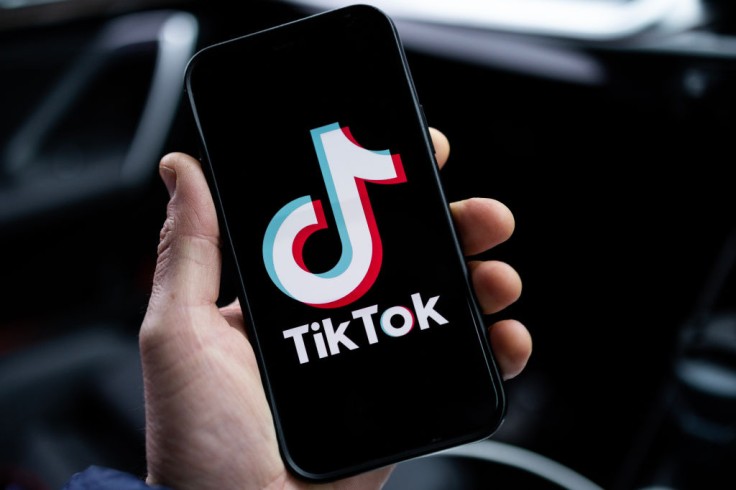
Montana becomes the first state in the U.S. to enforce a complete ban on the popular social media app TikTok, citing concerns over kids' online safety.
The move has ignited a legal battle and sparked discussions on the potential risks associated with children's use of the platform.
Montana has taken a significant step in safeguarding children's online safety by implementing a statewide ban on TikTok.
Reuters reported that the decision, announced by Republican Governor Greg Gianforte, makes Montana the first state to enact such a sweeping measure against the Chinese-owned social media giant.
A Landmark Decision Raises Concerns for Children's Online Safety
The ban is primarily motivated by concerns that TikTok poses potential risks to children's privacy and security.
The app, known for its short-form videos and wide user base, has gained immense popularity among young people worldwide.
However, recent controversies surrounding data privacy and the platform's ties to the Chinese Communist Party have raised alarm bells among lawmakers and cybersecurity experts.
As Montana takes the lead in banning TikTok, legal experts predict a challenging road ahead for the state.
TikTok spokesperson Brooke Oberwetter argues that the ban infringes on users' First Amendment rights and is unlawful.
While the company has not indicated whether it will file a lawsuit, the ban's constitutionality is likely to be questioned.
As reported by CNN, organizations such as the American Civil Liberties Union (ACLU) and NetChoice, a trade group representing tech giants including TikTok and Google, have already labeled the ban as unconstitutional.
Keegan Medrano, policy director for the ACLU of Montana, argues that the legislation tramples on the free speech rights of hundreds of thousands of Montanans who use TikTok as a means of expression and information gathering.
TikTok's Influence on Children and the Debate on Responsible Digital Engagement
The Montana ban on TikTok has triggered a broader discussion on children's digital well-being and responsible online engagement.
As per USA Today, supporters of the ban emphasize the potential risks associated with children's exposure to explicit content, cyberbullying, and the unauthorized collection of personal data.
Opponents of the ban, however, argue that it undermines freedom of expression and limits access to a platform that has become an integral part of many young people's lives.
They caution against overreactions and emphasize the importance of educating children about responsible online behavior rather than imposing bans.
The ban's enforcement is expected to face challenges, as technological workarounds such as virtual private networks (VPNs) could potentially allow Montana residents to bypass the restrictions.
Critics argue that the ban's effectiveness in protecting children's online safety remains uncertain, as it might inadvertently push them toward riskier alternatives or limit their access to creative and educational content.
Moving Forward: A Balancing Act
According to the Associated Press, certain states, such as Utah and Arkansas, have implemented legislation that links the use of social media platforms to the requirement of parental consent.
Comparable measures are currently being developed in various other states.
Montana's ban on TikTok sets a significant precedent in addressing children's online safety, but it also raises complex questions about balancing freedom of expression and protecting vulnerable users.
As the legal battle unfolds, policymakers, parents, and technology companies must work collaboratively to create a safer digital environment for children-one that promotes responsible digital engagement without compromising individual rights.
Ultimately, the ban in Montana sheds light on the urgent need for comprehensive discussions on children's online safety, effective parental guidance, and responsible practices by social media platforms to ensure the well-being of young users in an increasingly interconnected world.